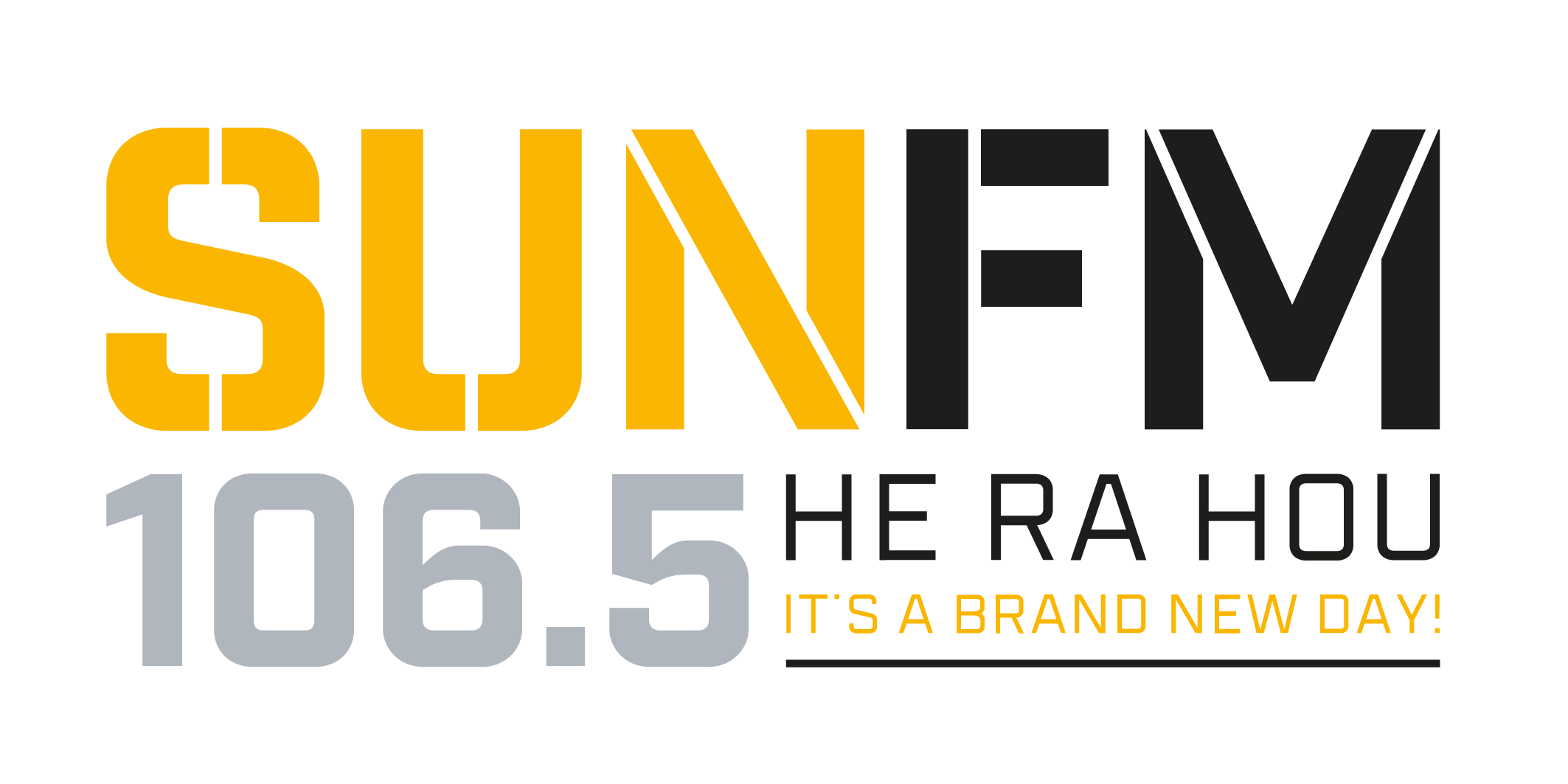| With a small number of cases of coronavirus now confirmed in New Zealand, many people are feeling understandably anxious. We knew that coronavirus was likely to arrive in New Zealand at some stage, and our local District Health Boards, along with GP practices have been preparing for its arrival. The illness or disease associated with this coronavirus is called COVID-19. It is important to note that most people who become infected with COVID-19 experience mild illness and recover, but that it can be more serious for some. “As with other infectious illnesses the best way to protect yourself and others from COVID-19 is to practice good infection prevention and hygiene,” says Dr Jim Miller, Medical Officer of Health for Toi Te Ora Public Health. Stay at home if you’re sickIf you are unwell with any illness which may be infectious, stay away from work, school and other social settings. Avoid having people visit you while you are unwell at home. Symptoms of COVID-19 are similar to a wide range of other illnesses, including influenza. Symptoms include fever, a cough and difficulty breathing. As with other respiratory infections, difficulty breathing is a sign of possible pneumonia and does require immediate medical attention. Having these symptoms does not necessarily mean that you have COVID-19, however if you have these symptoms and have recently travelled overseas, or have been in close contact with someone confirmed with COVID-19, please contact Healthline (for free) on 0800 358 5453 (or +64 9 358 5453 for international SIMs). Do not turn up to a health or medical center without phoning first. Hand washing Wash hands regularly, for at least 20 seconds with water and soap, and dry them thoroughly:· Before eating or handling food· After using the toilet· After coughing, sneezing, blowing your nose or wiping children’s noses· After caring for sick people. Try to avoid touching your face with your hands. Cover coughs and sneezes Cover coughs and sneezes with disposable tissues and wash your hands. If you don’t have a tissue available, cough into your elbow. Vaccinate against respiratory illness Ensuring you and your family are vaccinated against respiratory infections, including influenza, will not protect you against COVID-19. It will, however, help to protect you against other serious diseases such as influenza. “As well as supporting you to keep well, this will help reduce community demand on health services so that these can be more readily available to efficiently support any cases of COVID-19,” says Dr Miller. Been travelling or have concerns? If you have concerns relating to COVID-19, you can contact the dedicated COVID-19 Healthline for advice on free phone 0800 358 5453. People returning to New Zealand from mainland China, Iran, northern Italy or the Republic of Korea need to be in self-isolation for 14 days when they arrive here. This is because those countries are currently reporting many more cases of COVID-19. Isolating them when they arrive is designed to keep our communities safe given the slight chance they may develop the infection during the 14 day period. Current advice is that: · If you returned from mainland China, Iran, northern Italy or the Republic of Korea in the last 14 days, then you need to self-isolate for 14 days from the date of departure· If you have been in close contact with a confirmed case of COVID-19 you need to self-isolate for 14 days from the last date you had close contact with the confirmed case. “We know from other outbreaks that self-isolation is effective, and most people are good at keeping themselves and others safe and well,” says Dr Miller. To find out more, see the Ministry of Health website for information on self-isolation and the up-to-date information – www.health.govt.nz/coronavirus Get prepared and make a plan Outbreaks of infectious disease occur from time to time, and are a timely reminder to ensure that you, your family and community are prepared. An outbreak of infectious disease can potentially affect a community for a long period of time. For more information visit www.getready.govt.nz Image caption: As with other infectious illnesses the best way to protect yourself and others from COVID-19 is to practice good infection prevention and hygiene says Dr Jim Miller, Medical Officer of Health for Toi Te Ora Public Health. |




